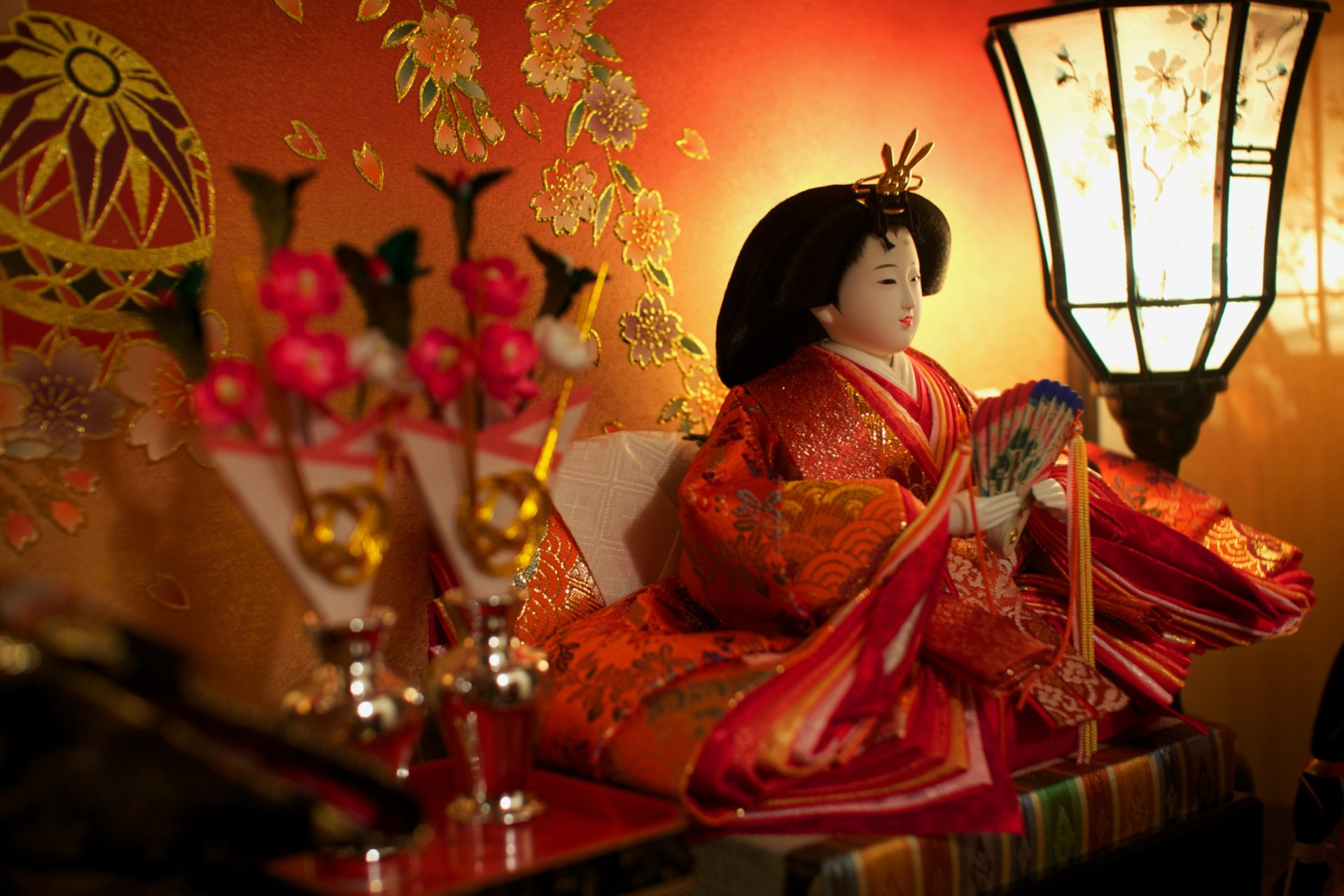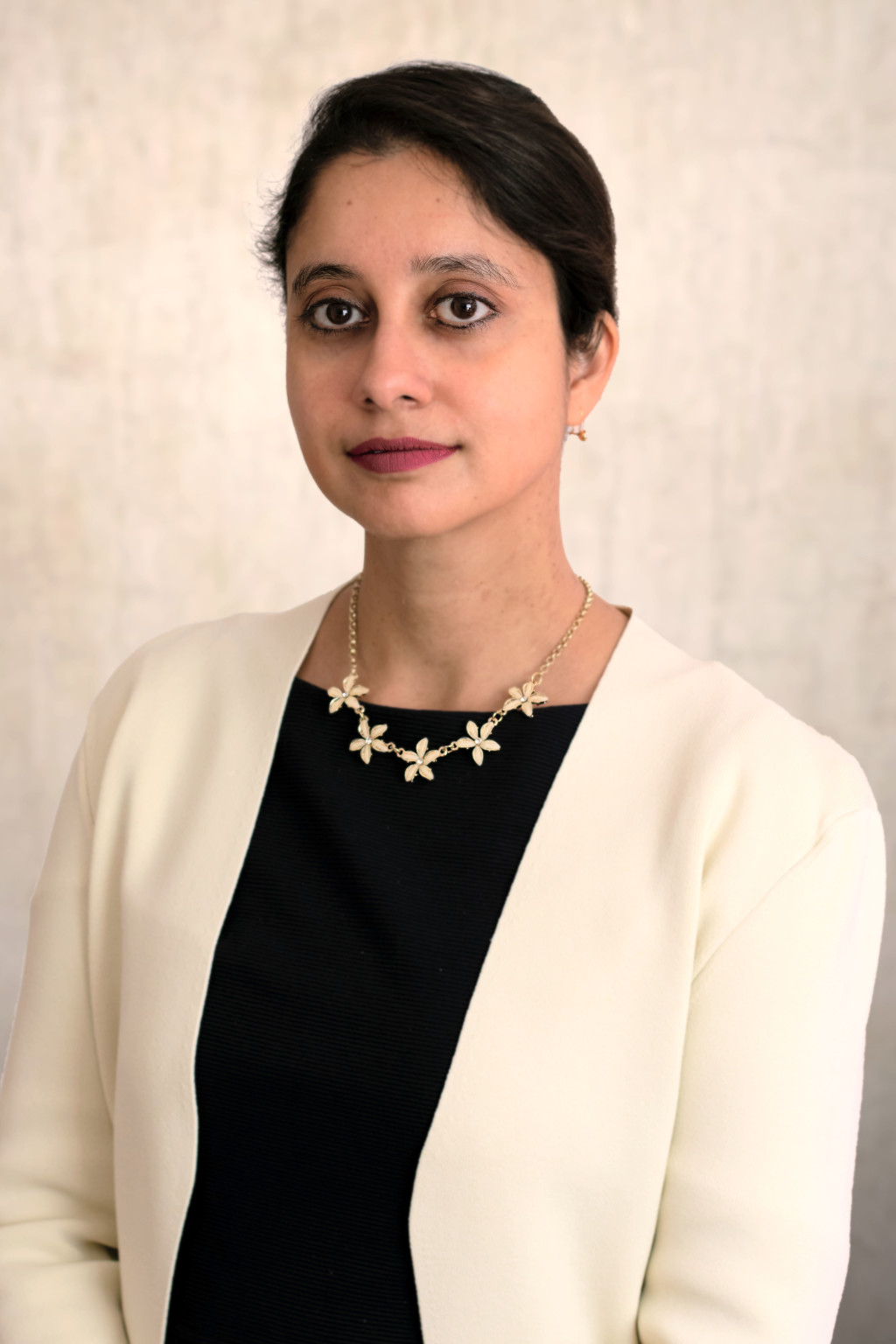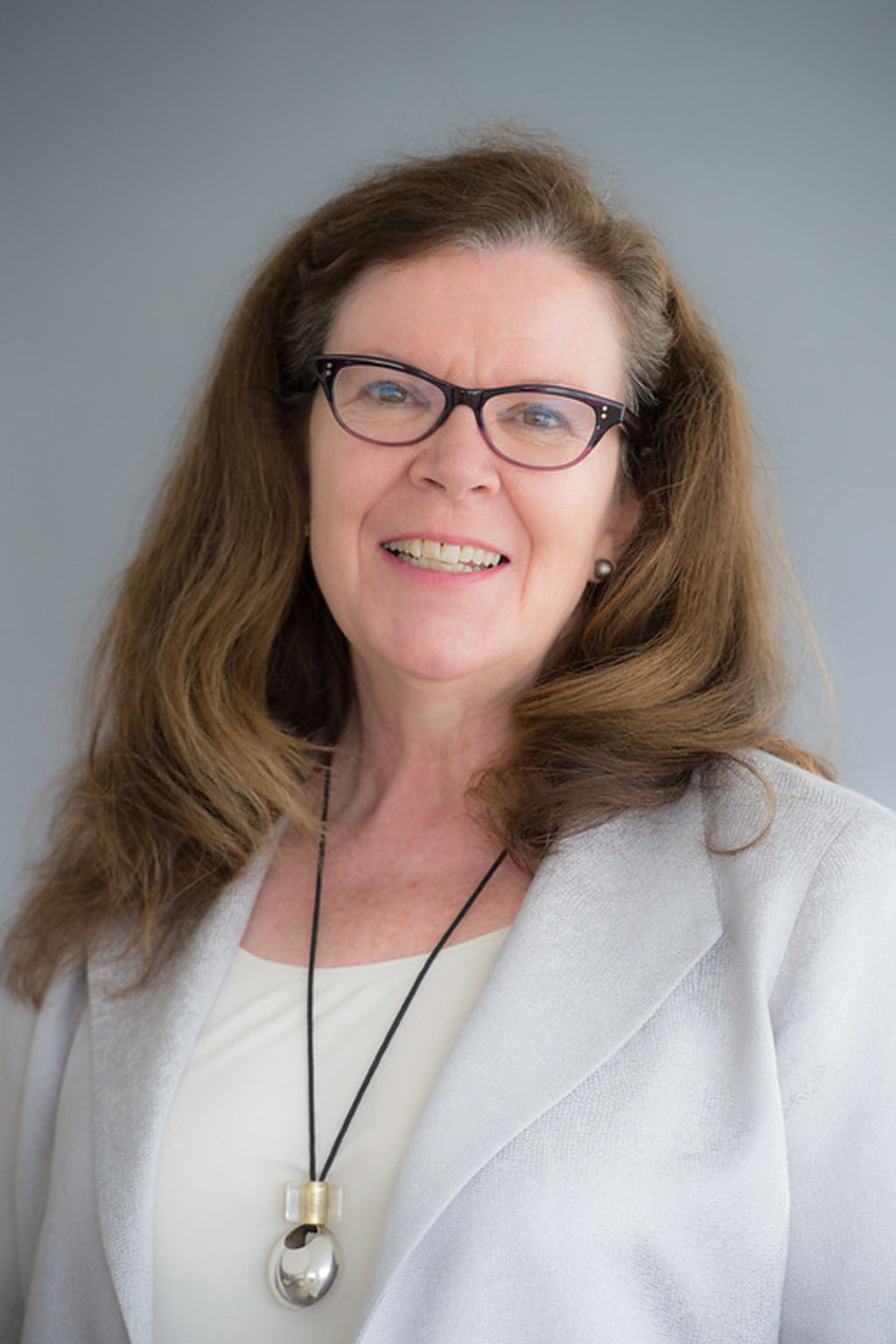Women’s Voices Project Pivots to Japan
After a yearlong focus on India, the Women’s Voices from the Indo-Pacific Project now shifts to another important U.S. democratic partner, Japan.

By experts and staff
- Published
Experts
![]() By Manjari Chatterjee MillerSenior Fellow for India, Pakistan, and South Asia
By Manjari Chatterjee MillerSenior Fellow for India, Pakistan, and South Asia![]() By Sheila A. SmithJohn E. Merow Senior Fellow for Asia-Pacific Studies
By Sheila A. SmithJohn E. Merow Senior Fellow for Asia-Pacific Studies
Launched in January 2022 by Senior Fellow Manjari Chatterjee Miller, and now joined by Senior Fellows Sheila A. Smith and Scott Snyder, CFR’s Women’s Voices from the Indo-Pacific is an interview series highlighting women leaders in the United States’ regional democratic partners.
Women’s Voices began in India, where the bilateral partnership with the United States is flourishing. Interviews focused on women who are leading across sectors as diverse as politics, agriculture, education, business and law. Interviewees included, for example, a Lok Sabha Member of Parliament; the Founder and Managing Director of Wingreens Farms; the Chief Executive Officer of Teach for India; and a top corporate lawyer. These and many more conversations with these leaders on their areas of expertise and personal stories of success shed light on the challenges and opportunities in the US-India bilateral relationship as well as on domestic developments in India. These women’s stories also begin to demonstrate the complexity of social change across the region. In India, growing concerns over weakening democratic norms have been paradoxically accompanied by landmark court judgments protecting gender and sexual orientation, as Supreme Court lawyer Karuna Nundy pointed out in one interview.
This year, the Women’s Voices project will now turn to another democracy, Japan. John E. Merow Senior Fellow for Asia-Pacific Studies Sheila A. Smith will introduce a similarly diverse range of professional women from Japan.
For over seventy years, Japan and the United States have been close security allies and economic partners. Women’s suffrage in Japan began in the first general election after World War II in April 1946, not only allowing women to vote for the first time but also providing opportunity to run for elected office. While women play a role in Japan’s politics, they continue to be underrepresented in political leadership. Similarly, Japan’s corporate sector was slow to welcome women to their leadership ranks. It was not until 1986 that the Equal Opportunity Law opened the door to women in the workplace. The first class of female recruits to Japanese corporations has since made their way up the corporate ladder to executive leadership. Not all women took this path to leadership, however. Some built their expertise through education, often abroad, or developed their leadership skills through social entrepreneurship and advocacy.
Nonetheless, as in many democracies, there remains considerable scholarly and political debate over the hurdles faced by women in Japanese society. As with India, we invited a broad range of influential women to share their professional experiences, but these groundbreaking politicians, journalists, educators, corporate executives, and civil society activists also share their insights on Japan’s future. Some offer specific recommendations, while others speak to the broader conversation in Japan about how to embrace diversity. In a society that has largely emphasized homogeneity over difference, this conversation on diversity has the potential to transform Japan. How diversity is defined and with what social impact for the Japanese people remains to be seen. Whether in Japan or India, the interviews in our Women’s Voices from the Indo-Pacific project demonstrate the catalytic role of Asian women in achieving equitable social change.
Our first interview with Tokyo Governor Yuriko Koike will be posted next week.

